"No, you can't leave the laptop in the car. It'll freeze."
- Professor Tsang to Dr Sridaran (highlighting climate differences between Canada and India)
When the windchill is lower than minus 25 degrees, frostbite can set in on exposed skin within a few minutes. And according to the radio, if you mumble, fumble and stumble, it's a sign that you're suffering from hypothermia.
Either that, or you've been drinking too much Moosehead.
This is the bus stop right outside our house. In order to keep warm, I continually shift my weight from my left foot to my right foot, at a rate of approximately 60 kilohertz.
By the time the bus has arrived, I've usually melted myself two rather impressive foot-shaped grooves into the icy ground. Sometimes when it's really cold, I try to melt my way back to Australia.
But not every day is cold and dreary. Some days you can even see what colour the parked cars are.
Here in Ottawa, I'm beginning to think of snow as a friendly reminder of warmer times. Moreover, the sky at higher latitudes has a cleaner tint to it, which I'm sure has a fascinating scientific explanation. It gets dark around 5pm too, which is great for reducing my melanoma risk.
Seasonal Affective Disorder has been granted no foothold in the eye of this blogger's mind.
And of course, one can always warm up at Toastmasters. Being the international behemoth of social pleasantness that it is, I was invited to a club night on campus as a representative of the greatest club in the universe, SRTM.
The Ottawa Hospital Toastmasters Club is held in the Kaminski room of the main building and meets on Monday nights at 7:30pm.
If you're ever down this way, you should drop by. They're a very friendly bunch and do things a little differently to what we do back home. For example, they have a warm-up and a 'Thought for the Day.'
Some of them are French speakers with exotic accents. I thoroughly enjoyed my time here and hope to visit again before I leave. And that's not just because of the accents. There's some good speaking going on too.
On my flight over, the attendant who checked my boarding pass greeted me with "Bonjour." That made me blink a little, until I realised that my surname really is more befitting of a French Canadian than a Korean Australian. The Farrands hail from Huguenot origins in western France and their lineage can be traced through the Scottish highlands.
And I happen to be adopted by them.
Previously, I only knew a couple of French words. Those words were chocolat (chocolate) and parachute (parachute). And also I guess, by default, chocolat parachute.
Now my French is starting to pick up. Guy de Maupassant would be proud, if he were still alive. These days I can say all sorts of things in French, such as... sortie (exit), and... crème de la crème (cream of the crop).
And also I guess, crème de la sortie.
My goal is to be fluent before my departure.
This is where I spend the days, in the Loeb Building at the Ottawa Hospital Parkdale campus. Note the large pile of snow to the left in the photo above. It was shoveled there by a large shoveling device, of which Canadians have many. If I were a large giant with an affinity for collecting large shoveling machinery, I'd call this place home.
And I'd just like to point out that all of those little snowflakes happen to be unique, just like humans.
This is Bao Kong, in the confocal microscopy room.
Me and Bao get along like a house on fire. Even in a snowstorm. His last name is Kong, which means 'bean' in Korean. A more frivolous friend could possibly refer to him as Mr Bean, but I refrain from partaking in such activities.
To the best of my ability.
We Australians are not well-known for our figure skating prowess. We are, however, famous for giving things a go. The main canal through Ottawa freezes over during the winter and transforms into the second largest skating rink in the world. Like all warm-blooded Aussies, I could not resist the opportunity to walk on water.
Professor Tsang lent me his skates, and his jacket too. Another jacket I bought from Korea that looked warm to me, merely aroused a frown from him. Now I travel the streets of Ottawa sporting a rather rugged Columbia jacket that I believe has real fur that was once keeping some unfortunate animal quite warm.
Luckily for me, I'm only a part-time vegetarian.
Here's Yingying and me, jacketed up and ready to hit the ice, in a sprawling manner.
Actually I thought I did quite well, and was only flat-bottomed once or twice, or perhaps three times.
The Rideau canal has an enormous surface area, and one could conceivably skate to one's heart's own contentedness. Which was what was done by this awkwardly speaking, and skating, blogger.
The Professor told me that some people skate to work in the mornings.
At night, lights come on in the distance and you suddenly become aware of the vastness of the ice block that you're standing on. In some parts, where there are no people, the solitude is quite peaceful.
I was reminded of Buzz Aldrin's firsthand description of the moon: "Magnificent desolation."
Except for the people and lights.
Yingying and Ji-Young having a good time. They're both studying follicular development and Ji-Young says that rat follicles look 'cute' under the microscope. If you know Ji-Young, you'd know that this is not a particularly unusual statement coming from her.
My fourth favourite food in the world is Mexican. Here they do it pretty well.
Taking a photo of people taking photos - is this a case of metacircularity?
We ended the day with our professor, who spent the day working on his laptop in the restaurant. Professor Tsang will be returning to Korea soon after I get back, for a semester that I'm sure will be an interesting one. For the meantime though, I need to stay focused and do the things that need to be done.
Two weeks down, and two more to go.
So far, so good.

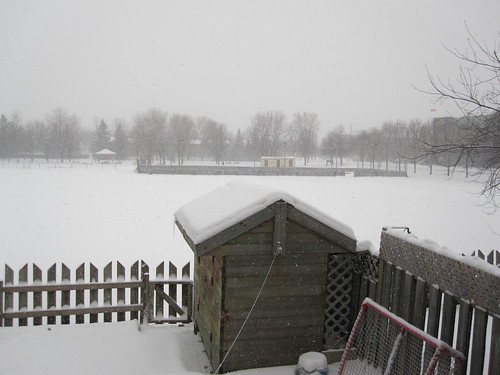
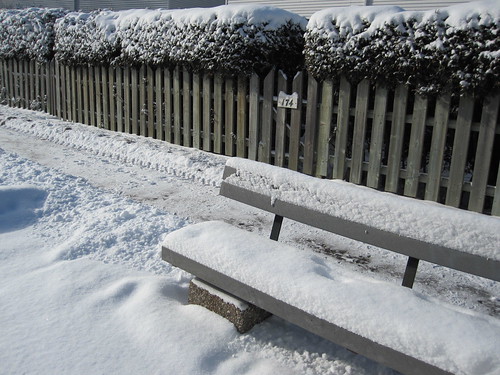
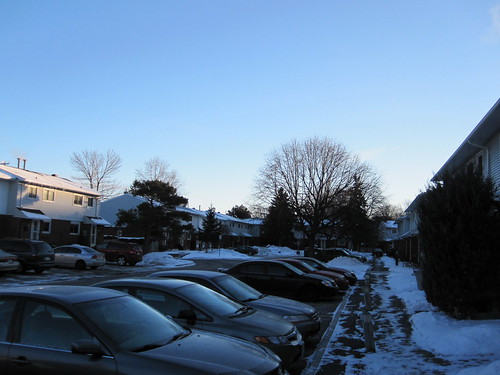
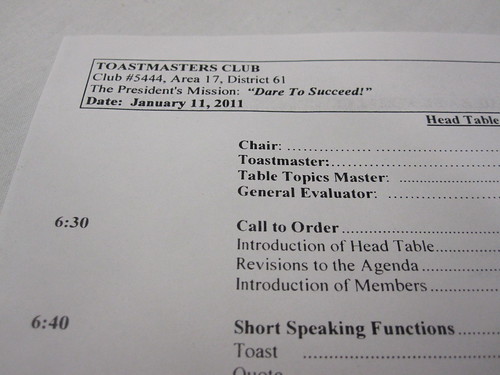
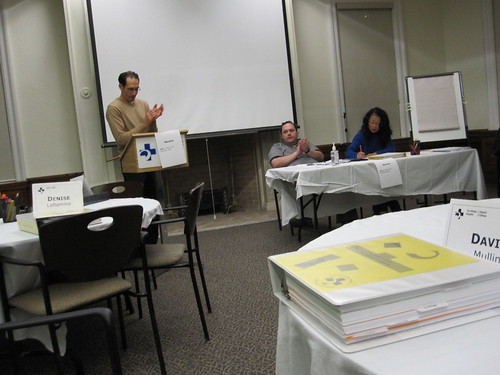
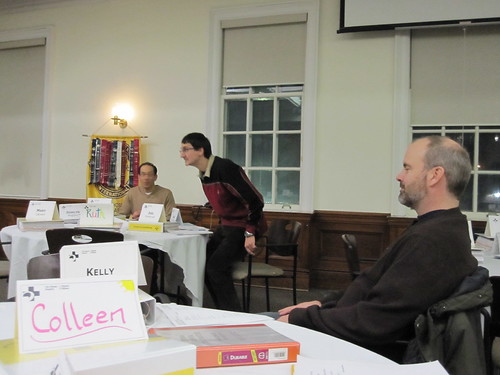
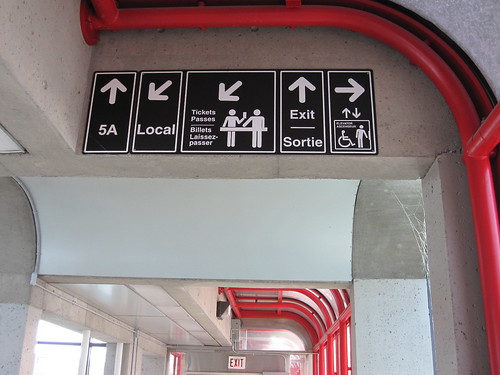
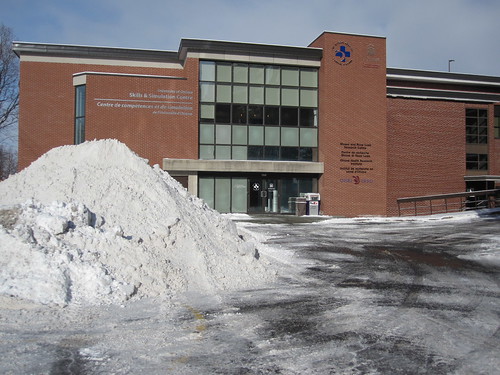
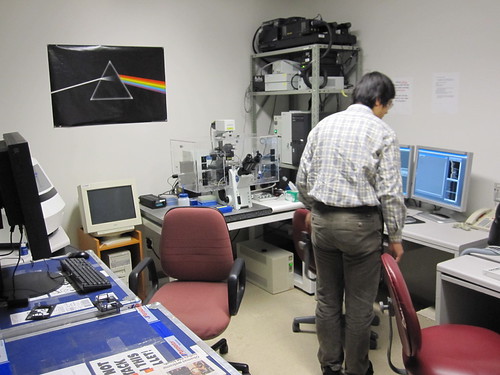
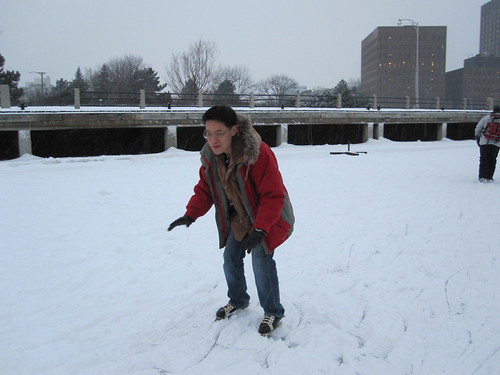
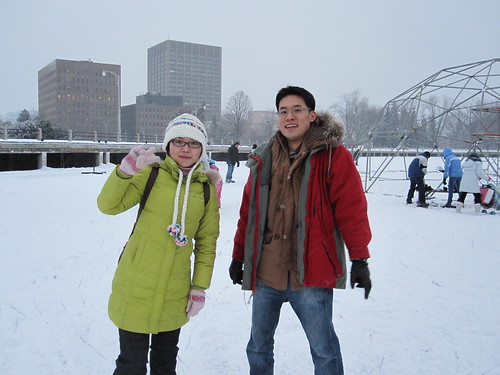
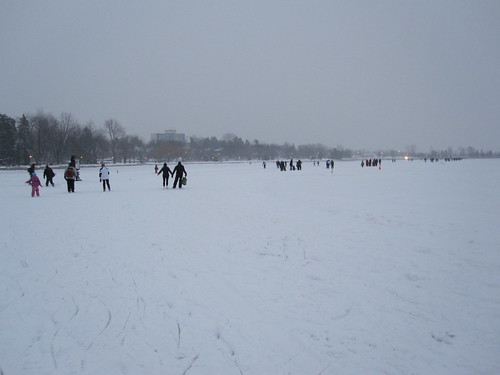
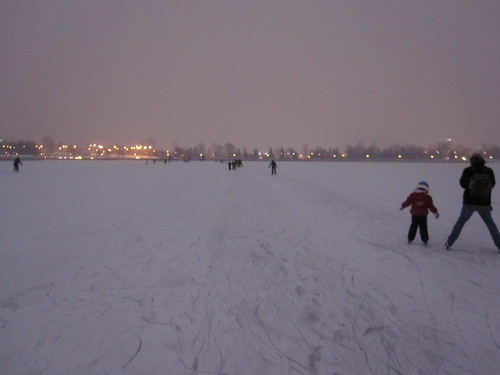
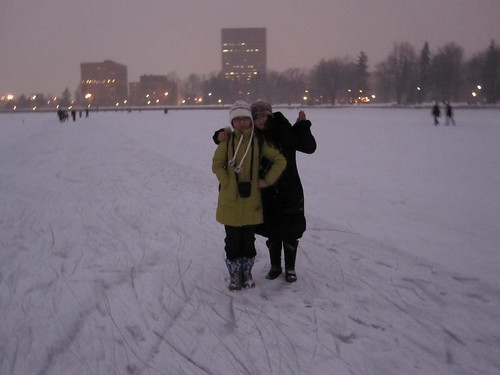
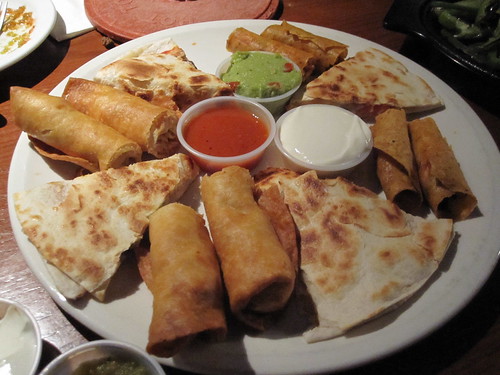
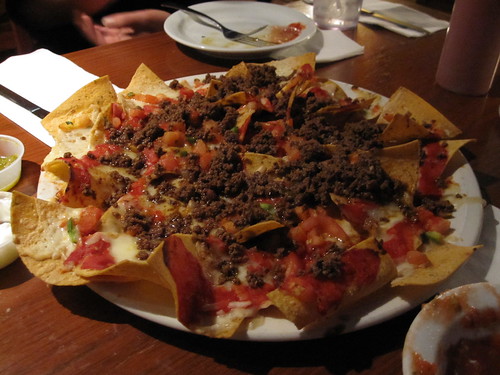
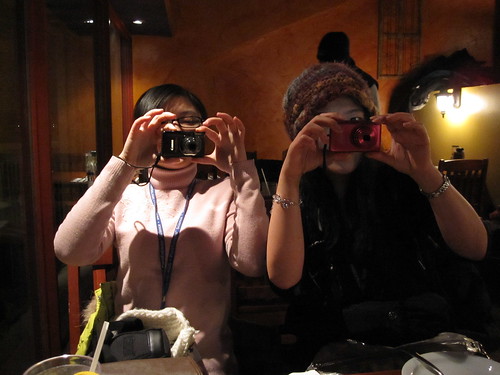
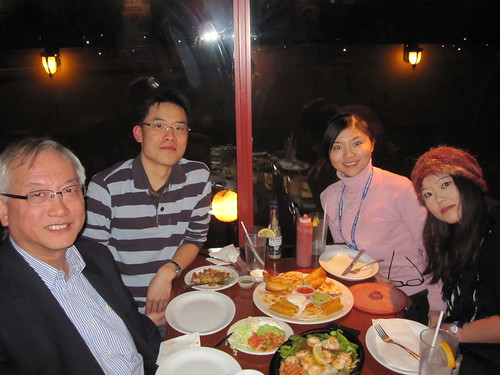









Recent comments